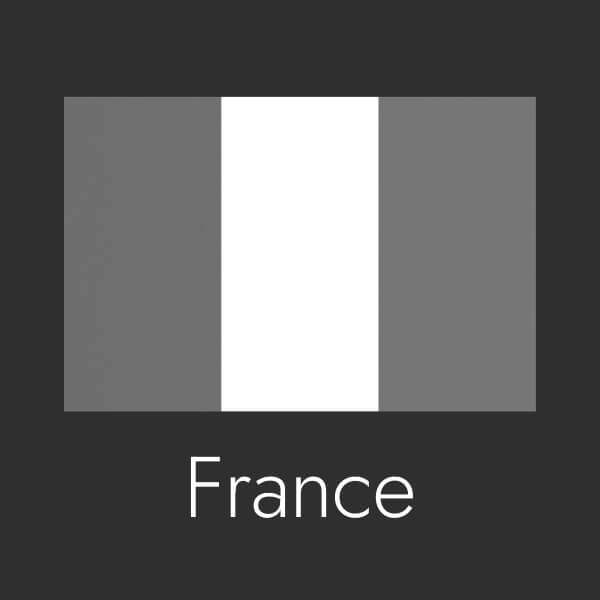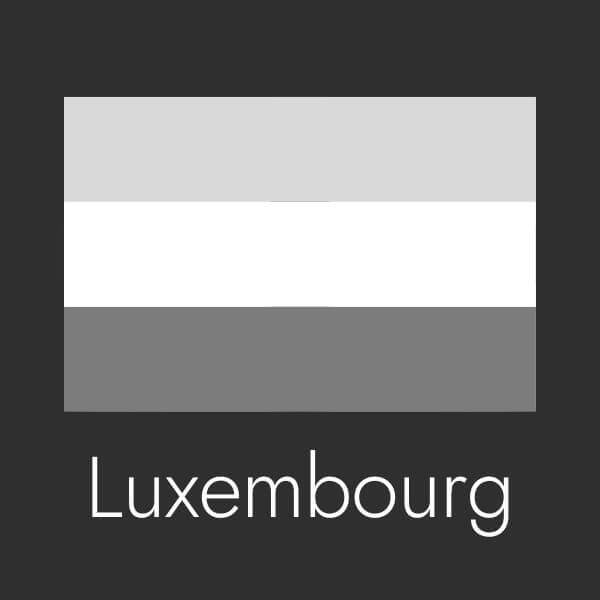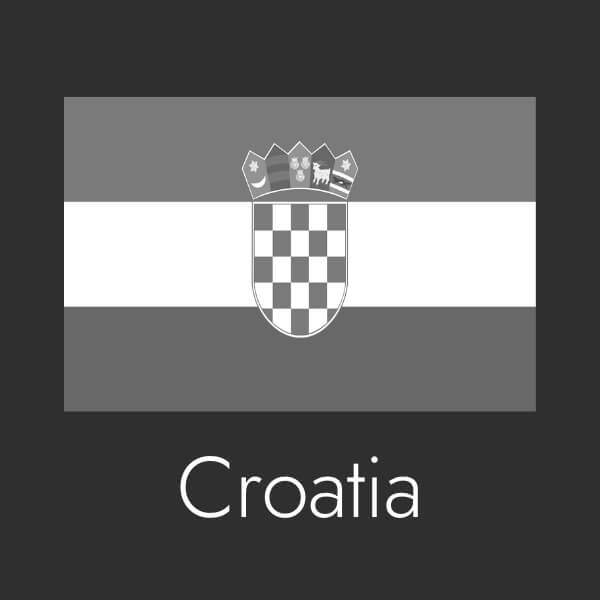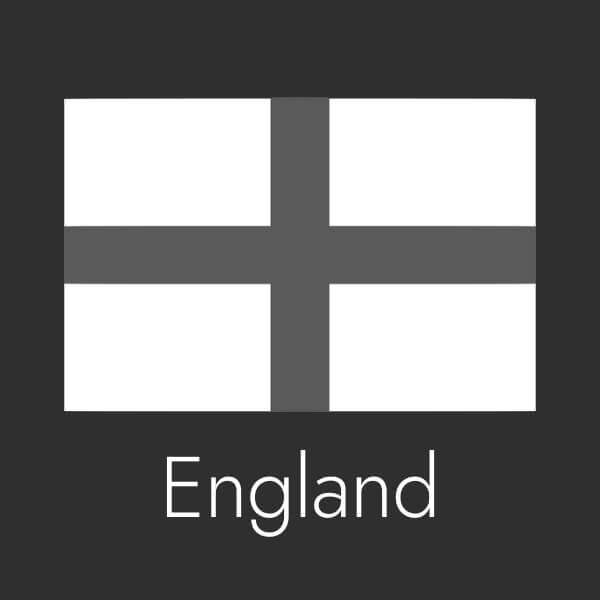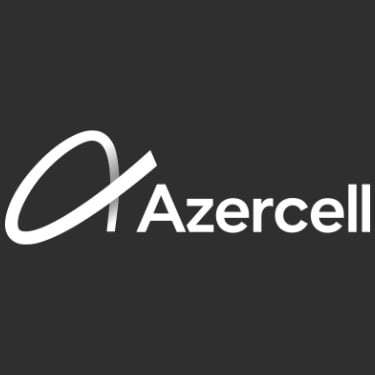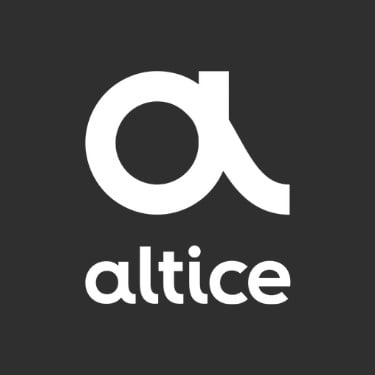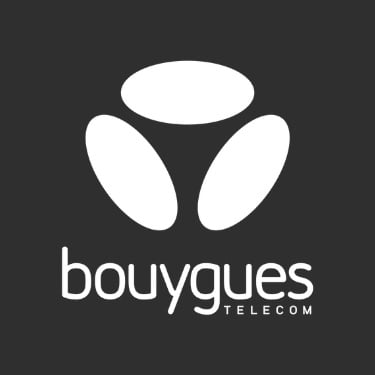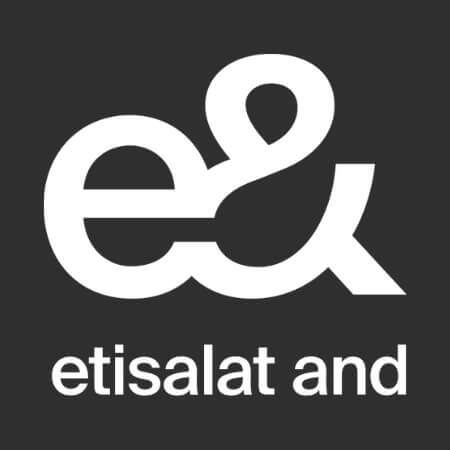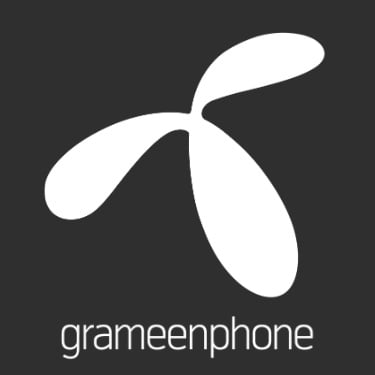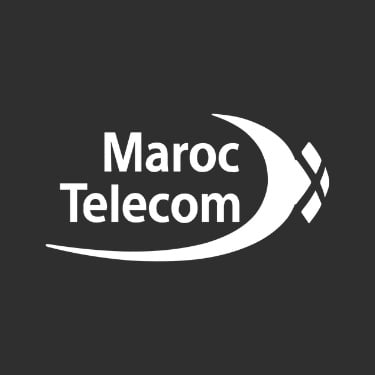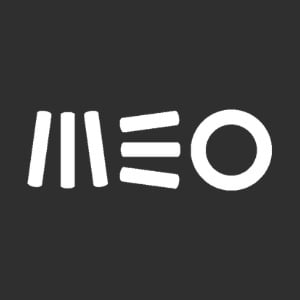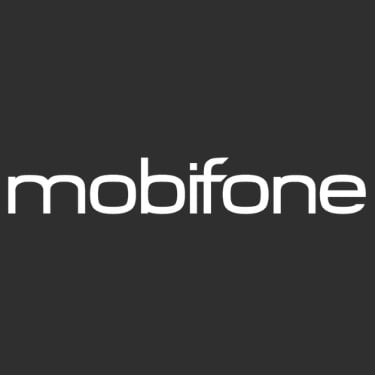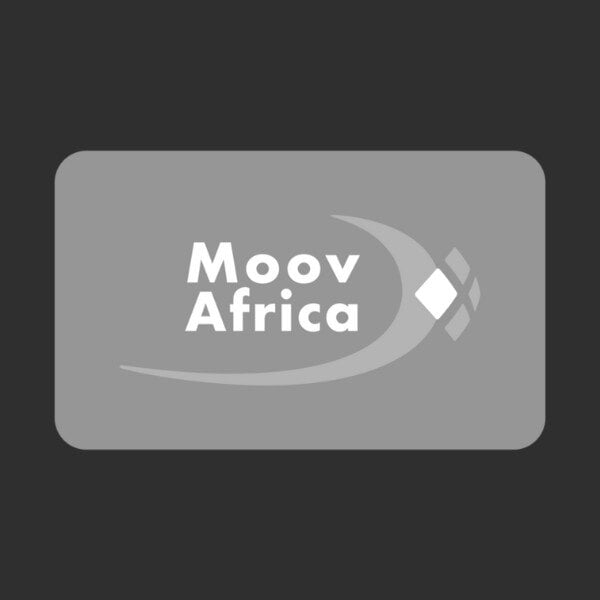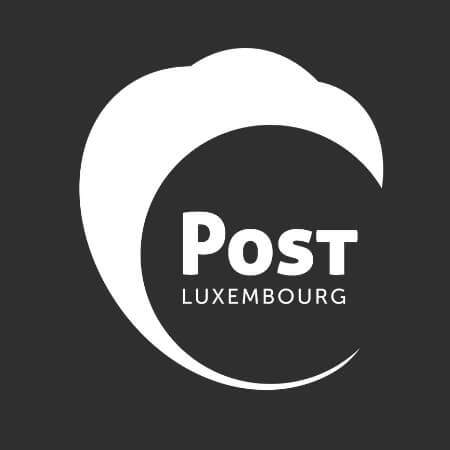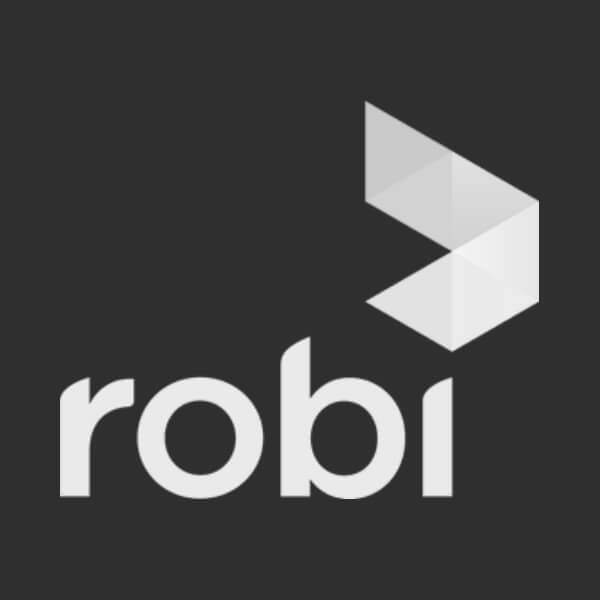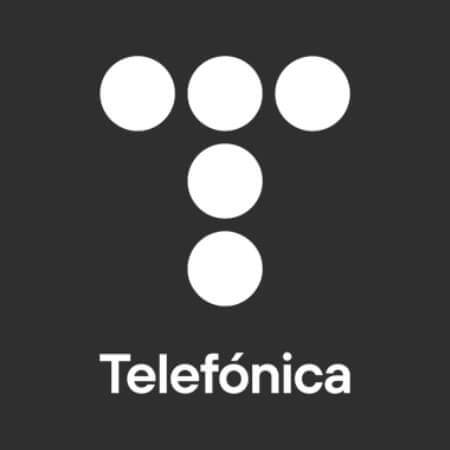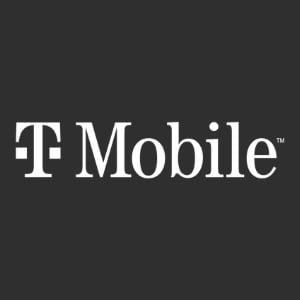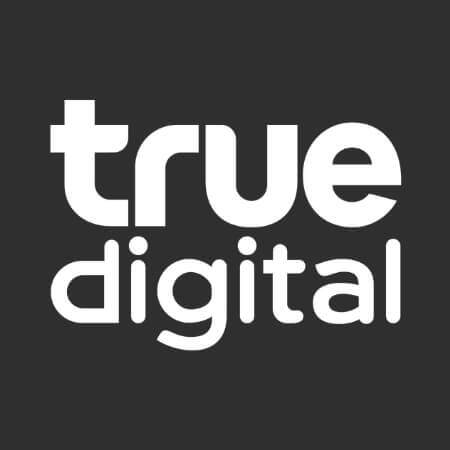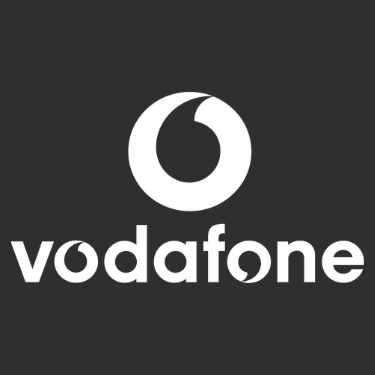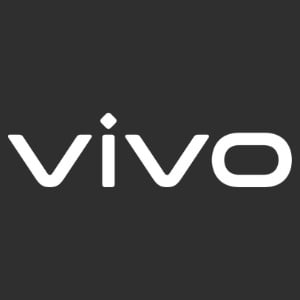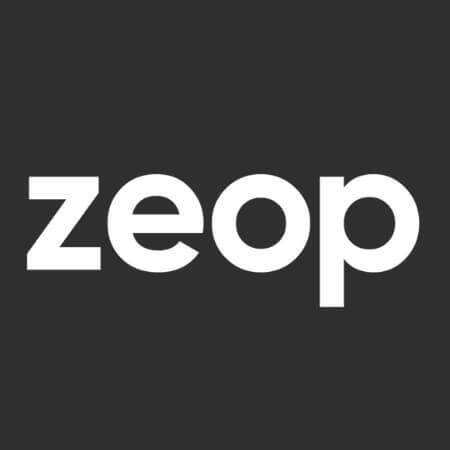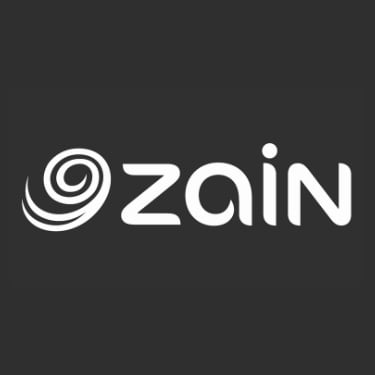Interview of Yann Chevalier - Intersec CEO
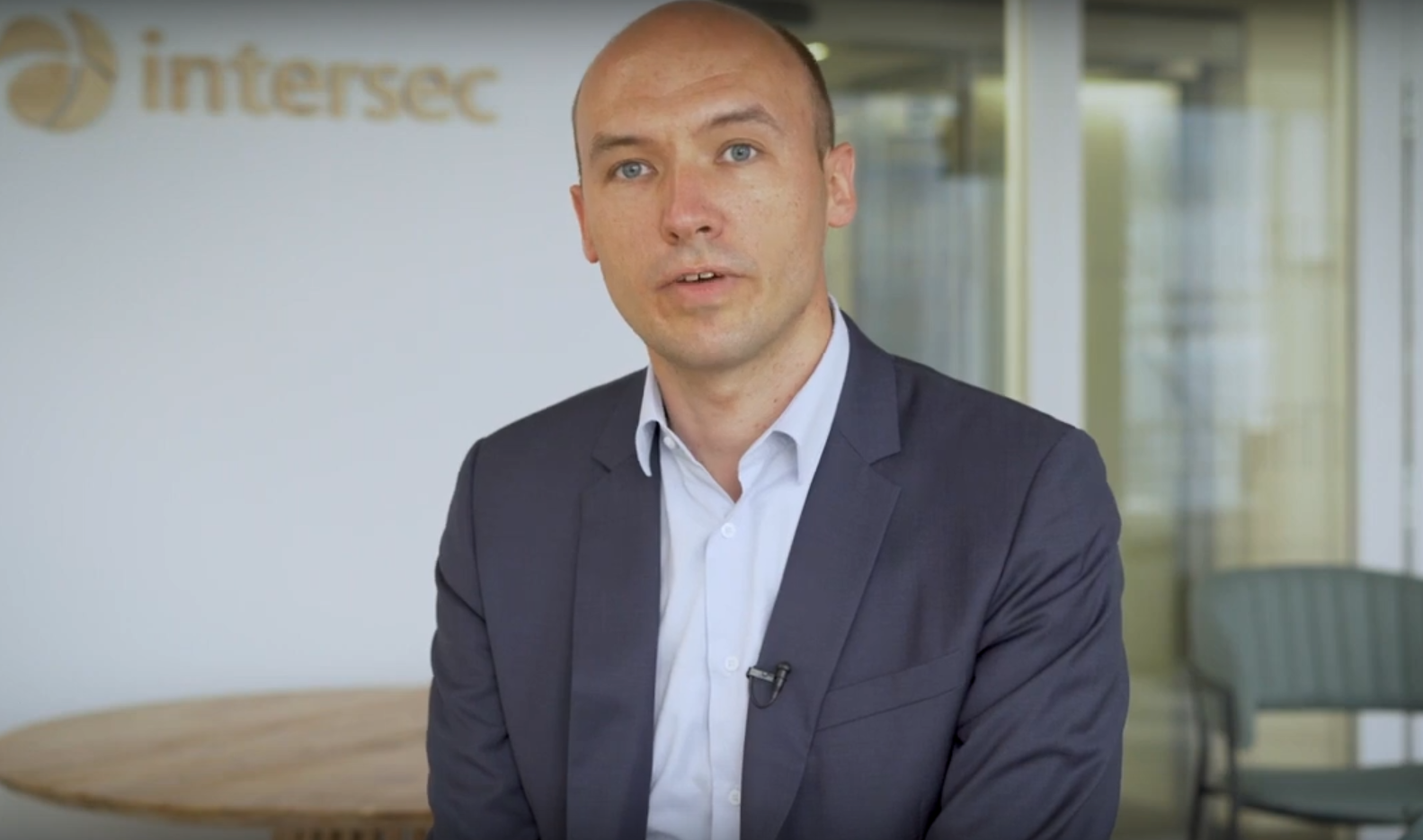 Interview of Yann Chevalier - Intersec CEO" />
Interview of Yann Chevalier - Intersec CEO" />
The magazine "Décideurs" (Decision-Makers) has just released an interview of Yann Chevalier.
Here is the translation.
Décideurs: Tell us how location data are used. 
Yann Chevalier: When we move, our phone keeps interacting with the network and this latest keeps a trace of our approximate location. MNOs need this location to run the service. These data may then be monetized. Anonymized, they are processed within studies to better target who to send promotional offers to but also to give insights to public authorities such as a city, a region... For example, if you consider the future CDG Express train line in Paris Region, its layout has been defined thanks to SFR’s data, using the Intersec Technology. Populations’ movements have been analyzed: where are people coming from? Where are they going? What is the frequency of their journey? Etc. Understanding their movements was key to build the right path, especially given that this new line will cost around €1.4B.
What exactly do you do as a company?
We are a software editor. Our software processes technical and commercial data. We develop our solutions and install them at our customers’ premises – historically, telecom operators.
These solutions allow to understand customer experience and to personalize it, to model population flows, to spot abnormal behaviors, etc.
What do you propose to help fight the pandemic?
We have gathered some features that were already developed to build GeoHealth. GeoHealth is a solution allowing public authorities to spot contamination clusters or to warn people in a zone or about to enter it. Police missions could be eased thanks to anonymized data: once processed, they could nurture a heatmap in real-time to see where all of a sudden a group of many people appears. It could be used to make sure beaches are empty, and to send alerts for police to go and to scatter the crowd, or to send SMS to the people in the area to warn them about the danger of gathering. We also know when a foreign SIMcard is activated in France. Here, once more, one can easily see how location can help understand the pandemic evolution and understand the links between the risk zones and the entries on our territory.
How about privacy with this solution?
First of all, before being processed, data are anonymized.
Second of all, the location is not so precise, it is about a 300m-wide radius. This precision allows us to know if too many people entered a mall but we would not be able to get the insights for a defined shop within the mall. GeoHealth also enables to inform people so as to prevent issues. It is not at all a tool made to understand who does what and to punish. We only count people in zones.
However, your votre solution seems to be more successful outside France and even Europe?
This is a subject we are currently dealing with mainly for South-East Asia, Northern Africa, Middle-East and Canada. Two reasons to that: First of all, Asian countries were the first ones to see the pandemic. Local Public authorities have been looking for technologies to deal with the virus and its consequences sooner than Europeans. Other countries, like Canada for instance, where the virus got more recently, generally use technology with more parsimony. And yet, in order to save lives, they do not hesitate to innovate, put solutions in place and be ready to step back if the solutions are misused in the end. In France, country where the respect of personal liberties is monitored very closely, the approach is the opposite: making sure the solution we launch makes the case for the issue beforehand.
In France, an SMS sent to people to explain the quarantine has been widely discussed. What are your thoughts about this?
The government asked operators to send an SMS to their subscribers’ bases to announce the quarantine. It was a message of general interest. One should not lumps everything together. Yes, some solutions can be very intrusives, for instance in China, a country tracking its populations’ personal data shamelessly. But that’s not the case for all technological solutions. Take French Tier-One Orange. Their data have been analyzed to give authorities an idea of the rate of people living Paris city when the quarantine started. Here, there is no issue: data are and remain anonymous – by the way, the Cnil (French National Commission for Data Protection and Liberties) does not rule these calculations since they do not provide personal informations. We can understand which city, which district are even neighborhood people come from but that’s it. Idea is to understand the flows to adapt hospital services accordingly.
Are these solutions expensive?
If these kind of solutions where used to the maximum of their potential by let’s say the French government to manage the epidemics, total budget would be less than €5M.
Intersec GMLC
High-quality Android, iOS, or hybrid solutions translated into great results.
”Marie Dupont
CEO
